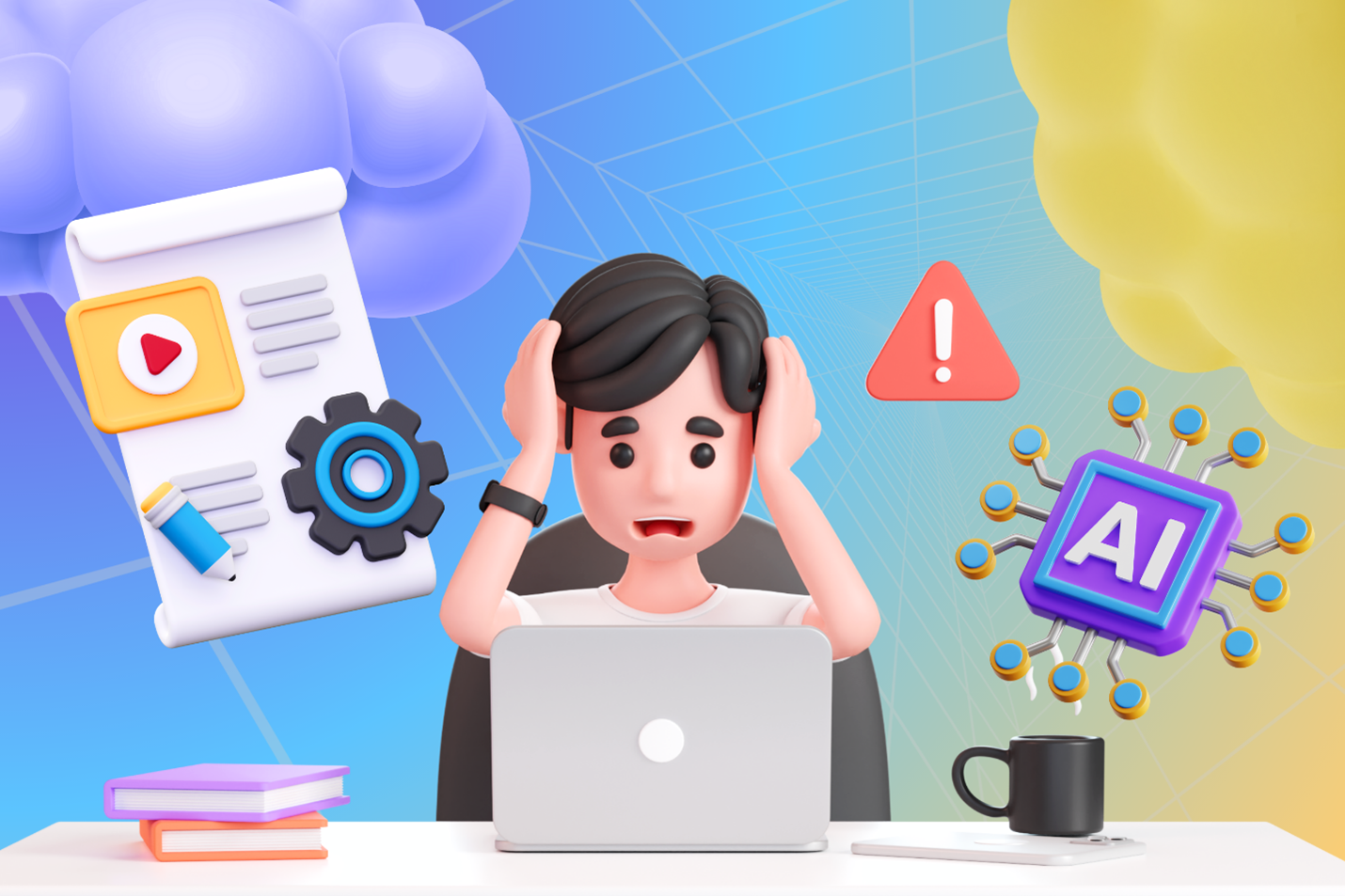The digital landscape is evolving at an unprecedented pace, and AI-driven content is at the forefront of this revolution. From automated blog writing to AI-generated videos, artificial intelligence is changing the way content is created, consumed, and distributed. Whether you are a business owner, marketer, or content creator, understanding the impact of AI on content creation is crucial to staying ahead in this ever-evolving industry.
The Rise of AI in Marketing
Marketing has always been about creativity, data, and strategy. With the introduction of artificial intelligence, marketers now have a powerful tool to analyze trends, personalize content, and automate repetitive tasks. AI in marketing enables businesses to understand consumer behavior better, generate highly targeted content, and optimize campaigns in real time. AI-powered chatbots, recommendation engines, and predictive analytics have taken customer engagement to a whole new level.
One of the most significant benefits of AI in marketing is its ability to process vast amounts of data in seconds. Traditional methods of market research and customer segmentation are time-consuming and often less accurate. AI can instantly analyze customer preferences and suggest the most effective content strategy, giving brands a competitive edge in a crowded digital space.
The Role of AI Writing Tools
Content creation has historically required human creativity, but AI writing tools are now proving that machines can generate compelling and high-quality content. Tools like OpenAI’s ChatGPT, Jasper, and Copy.ai can produce articles, social media captions, product descriptions, and even poetry with remarkable fluency. These AI writing tools use natural language processing (NLP) to understand context and generate content that closely resembles human writing.
While AI-generated content is not a complete replacement for human writers, it has become an indispensable tool for businesses and individuals looking to scale their content production. AI can handle repetitive writing tasks, freeing up time for human writers to focus on strategy, creativity, and storytelling. Additionally, AI can optimize content for search engines, improving visibility and engagement rates.
The Impact of AI-Driven Content on Media
The media industry is experiencing a massive transformation due to AI-driven content. News organizations, social media platforms, and entertainment companies are leveraging AI to automate news reporting, curate personalized content feeds, and enhance audience engagement. AI-generated news articles are becoming more common, with platforms like The Washington Post and Bloomberg using AI to produce real-time financial reports and sports updates.
Moreover, AI is revolutionizing video and visual content creation. AI-powered tools like Synthesia and Runway can generate realistic video content without the need for expensive production crews. From AI-generated deepfake influencers to AI-powered music composition, the possibilities of AI-driven content are limitless.
However, the rise of AI-generated media also raises ethical concerns. Issues like misinformation, deepfake technology, and the authenticity of AI-generated content need to be addressed to ensure responsible AI usage in the media landscape.
The Future of AI in Media
As AI technology continues to advance, we can expect even more sophisticated tools that enhance content creation while maintaining authenticity and ethical considerations. AI is likely to play a crucial role in journalism, advertising, video production, and interactive media, pushing the boundaries of creativity and efficiency.
One key area of growth will be hyper-personalization. AI will enable media companies to deliver content tailored to individual preferences, making experiences more immersive and engaging. Virtual reality (VR) and augmented reality (AR) will also benefit from AI advancements, creating next-level storytelling experiences.
Despite the incredible potential of AI, human oversight will remain essential. The best approach will be a hybrid model where AI enhances human creativity rather than replaces it. This balance will ensure that AI-generated content remains ethical, authentic, and valuable to audiences.
Final Thoughts
AI is disrupting content creation in ways we never imagined. From AI in marketing and AI writing tools to AI-driven content and the future of AI in media, artificial intelligence is reshaping the creative industry at a rapid pace. While AI offers numerous benefits, it also presents challenges that need to be navigated carefully. By embracing AI as a tool rather than a threat, businesses and content creators can leverage its power to drive innovation and stay ahead in the digital era.
Are you ready to embrace AI in your content strategy? The future is here, and those who adapt will thrive in this AI-powered world.


Leave a Reply